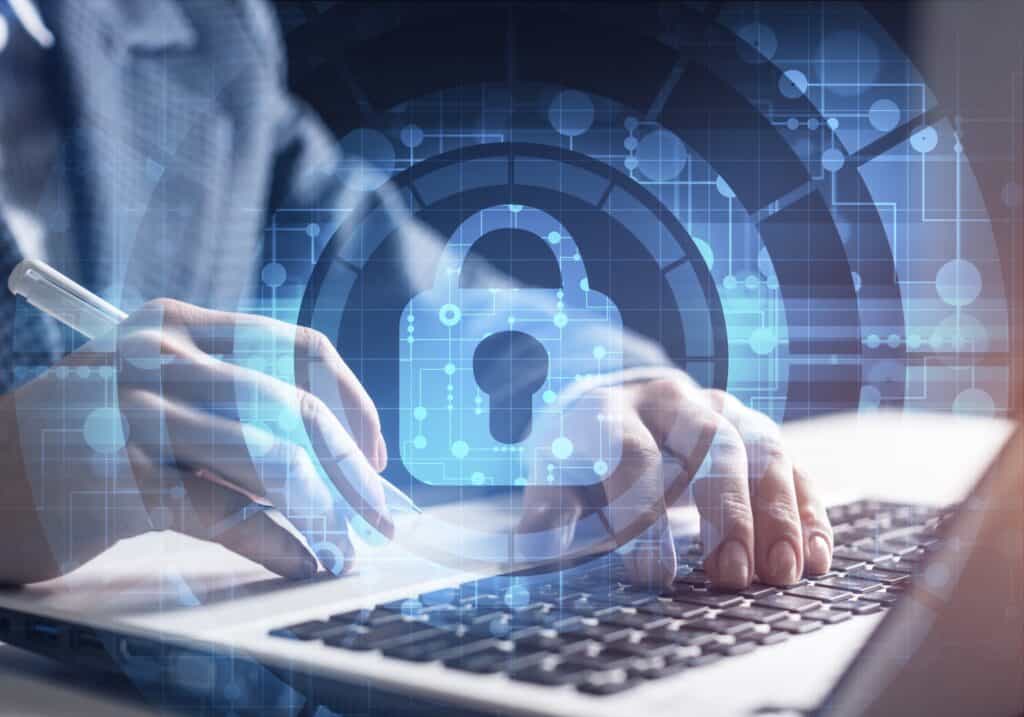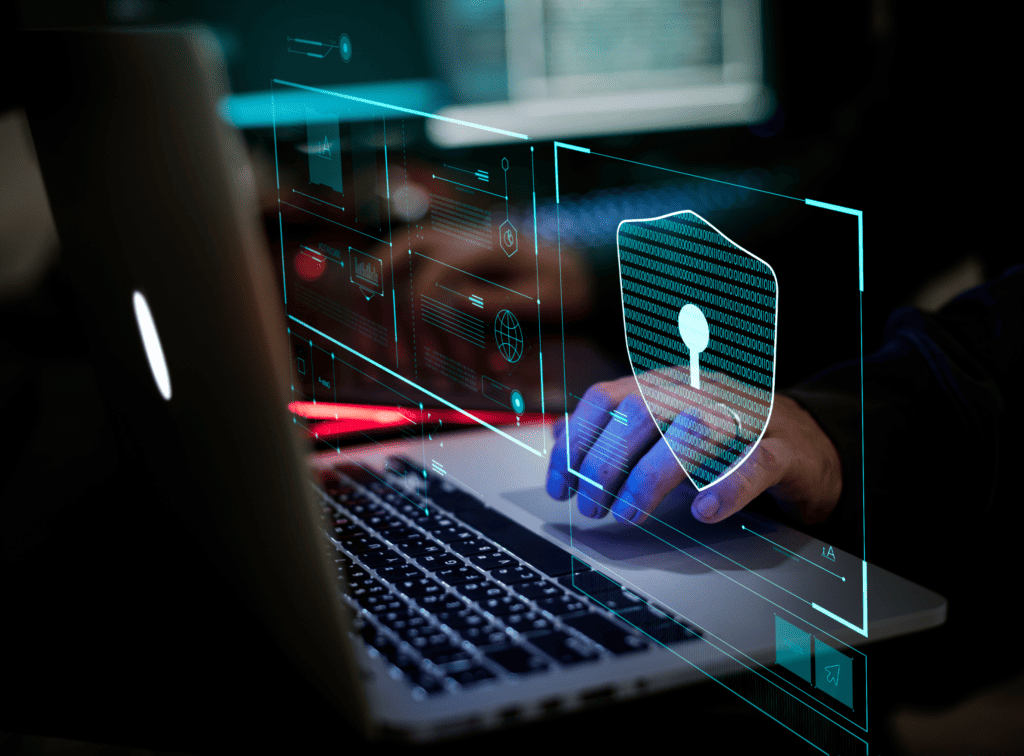A cybersecurity breach is a nightmare for everyone involved. Imagine planning your vacation in Las Vegas only to have it ruined due to an attack by hackers. Slot machines out of order, long queues to check into rooms, offline hotel booking systems—Sin City is living up to its hellish nickname.
This is precisely what happened in a recent cyber-attack on MGM Resorts. Not only did hackers spoil the vacations of thousands of tourists and casino-goers, but they also wreaked havoc on the company’s reputation and financial well-being.
Keep reading to learn more about the cyber-attack, and stay tuned for a couple of lessons that we can learn from the unfortunate events.
What Happened at MGM Resorts?
MGM Resorts is a hotel and entertainment giant that operates hotels and casinos on the Las Vegas Strip, including the Bellagio, Aria, and Cosmopolitan, as well as more than 25 international hotel and casino locations, along with lucrative online sports betting operations.
A representative of a hacker group known as the Scattered Spider told TechCrunch that the group was responsible for the cyber-attack on MGM Resorts. Allegedly, the hackers used a novel social engineering technique, vishing, to get access to MGM Resorts’ inner systems. While the scale of the security breach is not yet known, the fact that MGM Resorts has filed an 8-K indicates that the attack might have financial repercussions for them.
Vishing is a combination of the words “voice” and “phishing.” It refers to attacks when cybercriminals get access to personal data, such as passwords, through a phone call during which they successfully impersonate someone else. In the case of MGM Resorts, it appears that the hackers called the IT support desk and, using the information found through LinkedIn, pretended to be one of MGM Resorts’ employees urgently needing access to their account. This helped them get access to the company’s systems, which they encrypted.
The Scattered Spider is speculated to recruit young people from Europe who have trustworthy accents. This makes their vishing attempts so much more convincing than those attempted by Russian hackers, who often have an accent and a working level of English proficiency.
The cyber attack on MGM was not an isolated incident. The same attackers hit Caesars Palace immediately after hitting MGM. Many other major luxury hotels have recently been targeted. As for consequences, Caesars Palace paid millions of dollars in ransom, both MGM and Caesars Palace lost market value as stock prices plummeted, and MGM said that some operations were still disrupted at hotels from Las Vegas to Macau.
Lessons We Can Learn from the Cyber-Attacks
The cyber-attack on luxury hotels and casinos underscores the importance of having a robust cybersecurity strategy in place, which includes not only a suite of cybersecurity solutions but also ongoing cybersecurity awareness training of employees.
Lesson #1: Knowledge Is Power
Research tells us that social engineering is one of the most common ways that organizations are breached. Therefore, it is important to provide high-quality cybersecurity awareness training to employees, raising awareness and helping them stay alert.
The number one rule for your staff should be that they should only disclose sensitive information when they are 100% sure of who they are disclosing it to. They should also be mindful of not acting right away when someone tries to trick them into doing anything by claiming that it’s an urgent task. The mantra is that it’s better to be late than sorry.
Lesson #2: Prevention Is Key
While ongoing training is necessary, you shouldn’t rely on awareness alone. There is a wide array of cybersecurity tools that can prevent malicious actors from reaching your employees in the first place, such as the following:
Multi-Factor Authentication
To make certain that whoever is accessing your information is an employee, use multi-factor authentication processes. This means that even if cyberattackers gain access to a password, they will be unable to access your business and its information.
Email Security
Cybercriminals often use email to deliver malware and ransomware. This is where the email security suite steps in. The suite scans incoming emails for malicious content and keeps dangerous emails out of employees’ inboxes.
The best email security solutions leverage advanced threat detection algorithms, behavioral analysis, and machine learning to identify and quarantine problem emails. By isolating these emails, they prevent employees from inadvertently clicking on harmful links or downloading malicious attachments. This not only safeguards your organization’s data but also protects your employees from falling victim to cyberattacks.
Phishing Protection
91% of cyberattacks begin with a phishing email, according to Deloitte. Deceptive emails that appear legitimate tend to lure employees into revealing confidential information or inadvertently downloading malware. To combat this, robust phishing protection is essential.
Modern anti-phishing technologies rely on Artificial Intelligence (AI) to detect phishing emails accurately. AI algorithms analyze the content, sender behavior, and context of incoming emails to identify suspicious patterns. When a potential phishing email is detected, it is promptly moved to a quarantine area, preventing it from reaching your employees’ inboxes.
These AI-driven anti-phishing solutions not only help protect your organization’s sensitive data but also reduce the risk of employees becoming victims of cyberattacks. They provide an additional layer of defense against increasingly sophisticated phishing attempts.
Lesson #3: Response Strategy Ready
A well-structured cyber incident response plan is important. It needs to provide comprehensive answers to the following questions:
- How will your company react in the event of a cybersecurity breach?
- Are you ready to alert law enforcement?
- Do you have a representative to handle media inquiries?
- What measures are in place to expedite the recovery of your systems?
On the last note, data backup is important. Regular backups ensure that even if your primary data is compromised, you have a copy to restore from, minimizing the impact of data loss. Data backup also ensures that, in the event of data loss, you can pick up your operations quickly.
An incident response plan serves as a robust buffer against the potentially devastating impact of a cyberattack. It’s your blueprint for a coordinated, effective, and resilient response in the worst-case scenario.
As more and more high-profile companies become victims of cyber-attacks, the importance of high-quality cybersecurity solutions can no longer be overlooked. At CMIT Solutions, we are ready to become your trusted partner in helping you keep your company safe and compliant. Contact us today to learn more!





